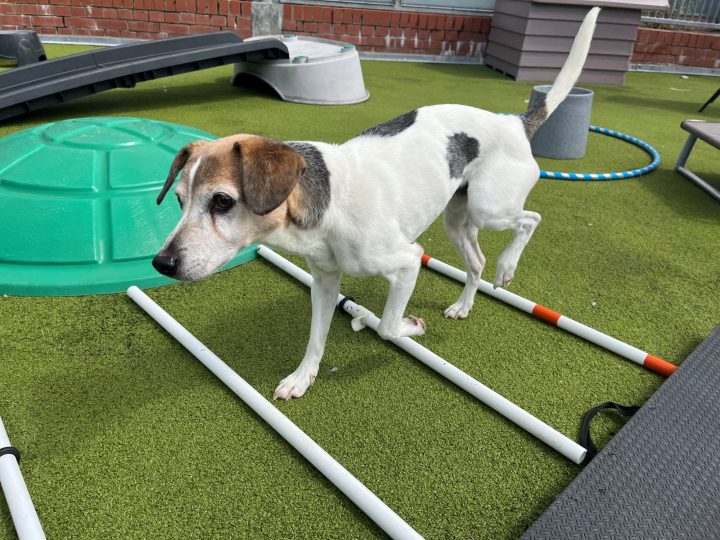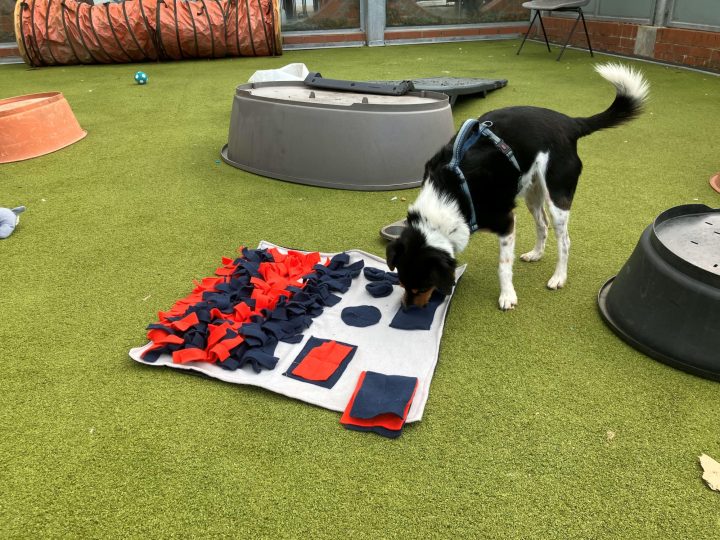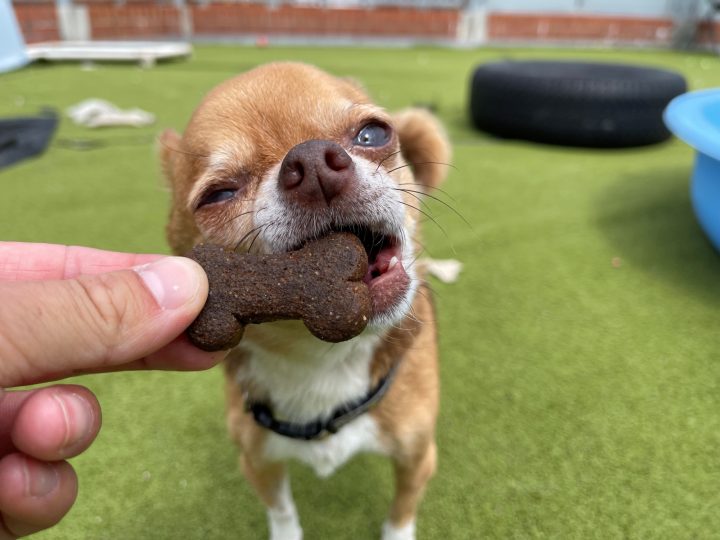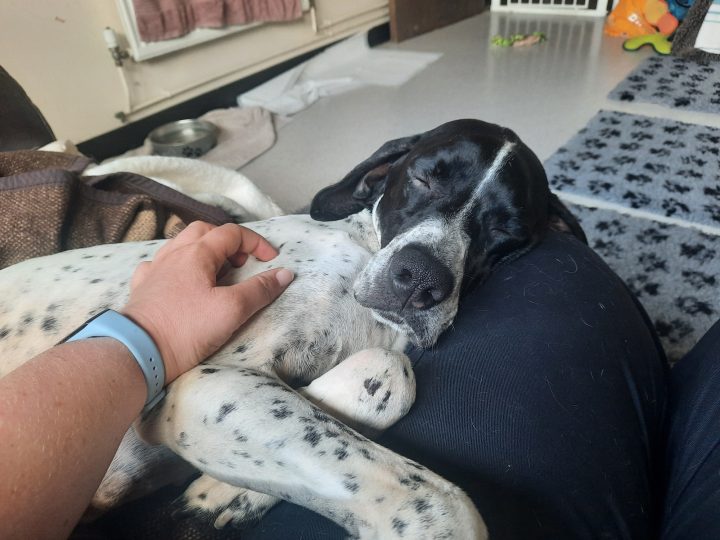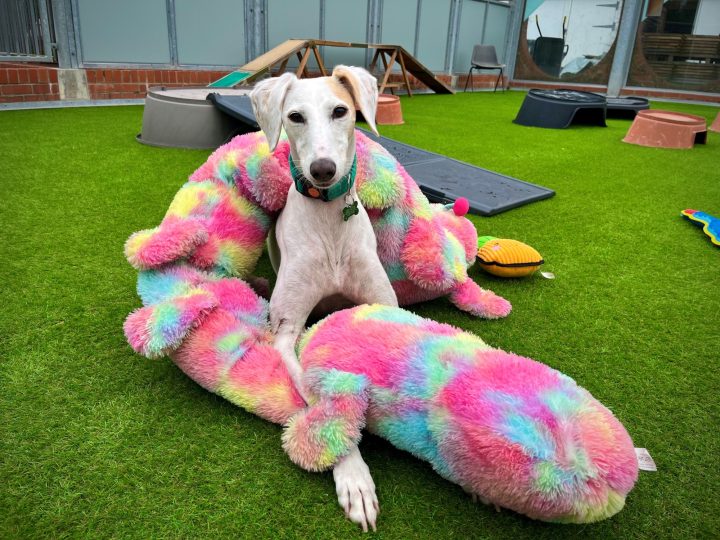Provide a suitable and stimulating living environment
Dogs should not be left for longer than 4 hours. If you work full time and are going to be out of the house for long periods of the day, it may not be the best time to get a dog. (You could also look into getting a professional dog walker to take your dog out during the day).
Dogs need somewhere comfy and cosy to sleep. It’s a good idea to provide a variety of options; a bed on the floor, the sofa and your bed are all great options. Some dogs will feel safer in an enclosed space, so it’s a good idea to provide a crate, they can then take themselves off for a snooze. When your dog is on their bed or in their crate they should never be disturbed. If you have children, it’s important that they understand not to pester the dog when they are sleeping.
Providing access to a safe and secure outdoor space is vital for them as it allows them somewhere to go to the toilet and somewhere to explore and sniff. Some dogs can jump over fences or squeeze under gates so make sure everything is secure and ready before bringing your dog home.
Is your property rented? If so, we will need to see permission from your landlord that you are allowed to keep dogs.
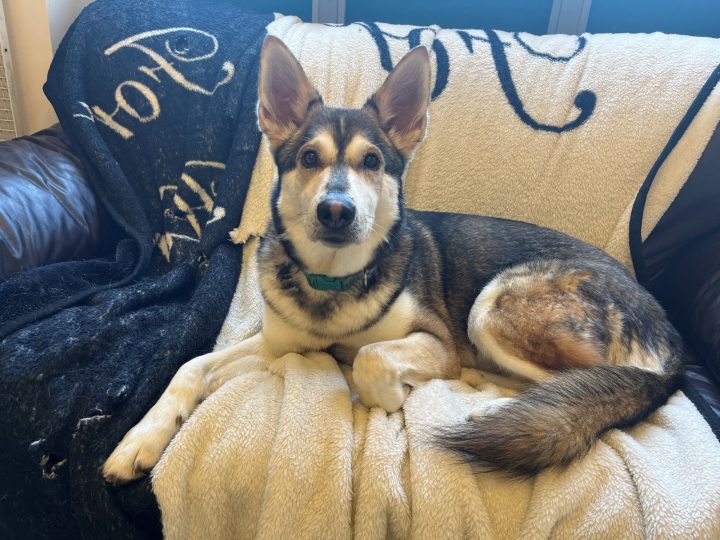
Provide a suitable and stimulating living environment
Dogs should not be left for longer than 4 hours. If you work full time and are going to be out of the house for long periods of the day, it may not be the best time to get a dog. (You could also look into getting a professional dog walker to take your dog out during the day).
Dogs need somewhere comfy and cosy to sleep. It’s a good idea to provide a variety of options; a bed on the floor, the sofa and your bed are all great options. Some dogs will feel safer in an enclosed space, so it’s a good idea to provide a crate, they can then take themselves off for a snooze. When your dog is on their bed or in their crate they should never be disturbed. If you have children, it’s important that they understand not to pester the dog when they are sleeping.
Providing access to a safe and secure outdoor space is vital for them as it allows them somewhere to go to the toilet and somewhere to explore and sniff. Some dogs can jump over fences or squeeze under gates so make sure everything is secure and ready before bringing your dog home.
Is your property rented? If so, we will need to see permission from your landlord that you are allowed to keep dogs.
